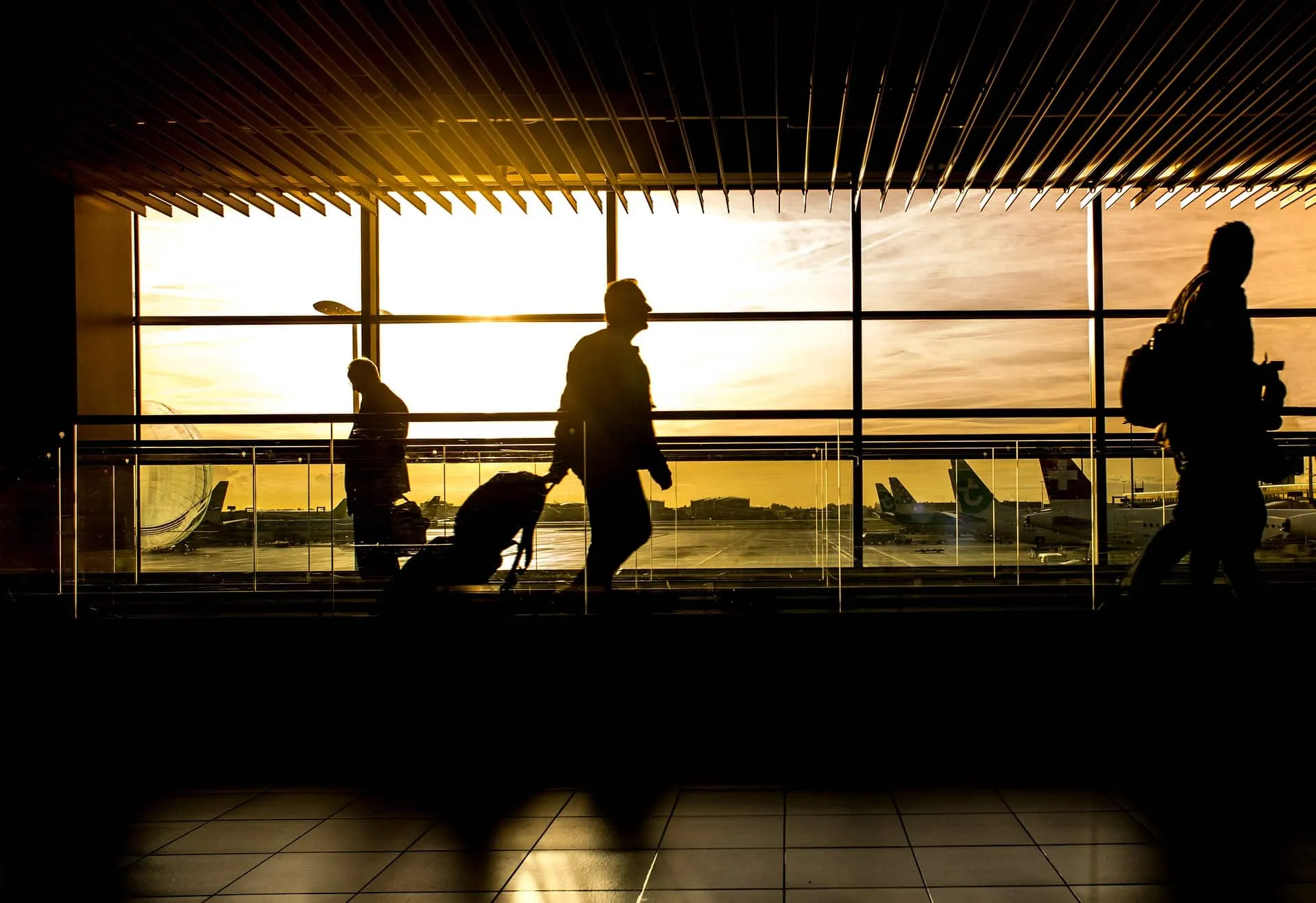The World Is Becoming More Difficult To Navigate Culturally, Expats Reveal In New Survey

A report by Crown Relocations, who provide international relocation services, has found that cultural differences are becoming harder to navigate and pose one of the biggest overall challenges to those embarking on international relocations. The report also found that the digitalization of society is presenting new challenges to expats as they set up home abroad, while finding, too, that parents generally believe their children adapt to new lives overseas very well.
56% of expats say cultural adaptation is becoming more difficult, with technology both helping and, in some cases, hindering acclimation.
The findings form part of a report by Crown, entitled: “Relocating in a Changing World: 2024 Global Expatriate Survey.”
The report provides insights into the evolving landscape of global mobility, highlighting the drivers and challenges of relocation, including cultural adaptation, digitalization of relocating, sustainability, and the impact on young expatriates and their families.
Among the key findings:
- 92% of expats find adapting to a new culture challenging, with 65% finding it extremely or very challenging. Those who have relocated more than twice are more likely to find cultural adaptation harder, while almost 60% of those who have relocated more than once also reported that cultural differences have increased.
- Moving belongings and expenses of relocation remain the biggest challenges for expatriates, who also believe relocating is becoming more sustainable.
- The role of technology and digitalization is having an interesting impact on expats, with 70% having found it difficult to get to grips with the different tech landscape from one country to the next – with cashless societies posing particular challenges.
- 86% of expat parents said that their children had been excited at the prospect of relocating, with just two per cent reporting that their children had not adapted well to the new environment.
As part of its research, Crown surveyed 1,000 expats from 73 different countries in seven key expatriate destinations. It sought to develop an understanding of how the expatriate experience is changing in a world increasingly characterized by conflicts in Europe and the Middle East, cost of living struggles and the looming threat of a “new Cold War”. Not to mention both workers and companies still adjusting to the “new normal” post pandemic.
Sherry Liu, Vice President – Moving Services for Crown Worldwide Group, the parent company for Crown Relocations, said: “Moving house is one of the most stressful experiences a family can undertake. When moving overseas, those challenges are broader and as the world continues to go through rapid cycles of change, it is interesting that our findings point to cultural adaptation becoming more difficult.
“Globalization has made the world a smaller place, and relocating has become more accessible. But it’s possible that the instant availability of international social-media content blinds us to just how varied and diverse the world is. Accounting and being ready for cultural adaptation are areas often overlooked during a move, but it is critical to the success of it.
“It makes sense then that something that is making cultural adaptation harder is the emergence of ‘Digital Natives’; people who are interacting in a digital-first way – on social media and messaging apps. These people are brilliant at figuring things out for themselves, but successful cultural adaptation requires face-to-face relationship building, which is perhaps more challenging when the world is becoming more and more accustomed to digital communication.”
Sherry adds: “But our research highlights more: that digitalization – and variances in technologies – have also posed challenges to expats. They reveal, too, that relocating is becoming more sustainable – which aligns with the way the world is changing.”
You can see the full report here